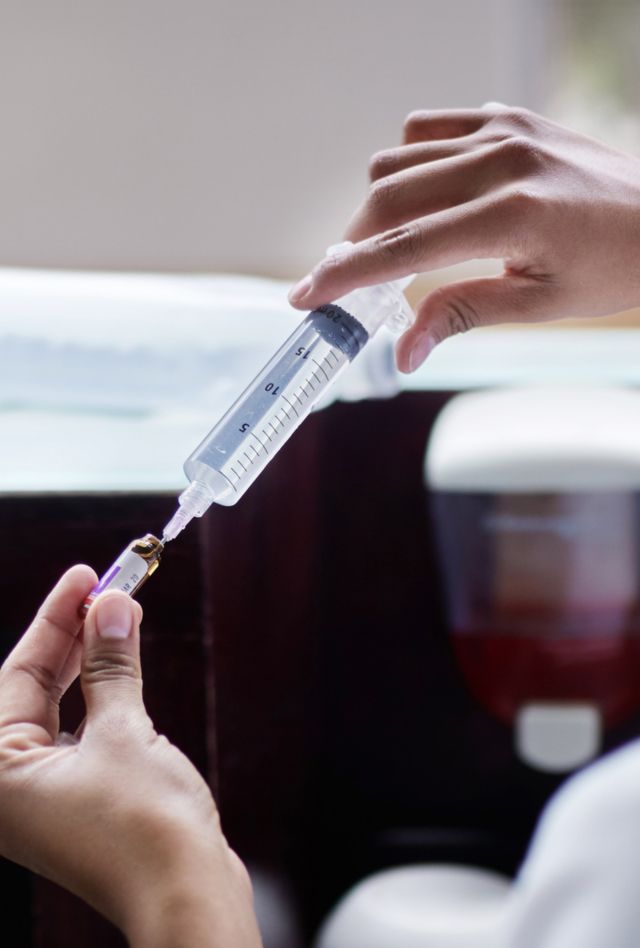Maryland Statewide Prevention and Reduction Collaborative (SPARC)

Project Overview
The Maryland Statewide Prevention and Reduction Collaborative (SPARC) is a quality improvement project among people in public health, academia, and acute care to address Maryland hospitals' infection control and prevention needs. The collaborative includes the Maryland Prevention EpiCenters (University of Maryland and Johns Hopkins University School of Medicine), the Maryland Department of Health, NORC at the University of Chicago, and Maryland acute care hospitals. SPARC has established venues for acute care hospitals to share best practices and technical expertise through a collaborative model.
The Success of the SPARC Model
In previous years, SPARC focused on the prevention and reduction of Clostridioides difficile infections (CDI). The collaborative was extremely successful with a reduction in CDI of 45% for the 12 hospitals that participated in the collaborative and a reduction in the Maryland Standardized Infection Ratio from 0.92 to 0.61.
At the beginning of the SARS-CoV-2 outbreak, hospitals quickly shifted focus to the prevention and treatment of COVID-19. SPARC leveraged weekly MDH COVID-19 update calls to provide expert-led forums, panel discussions, and question-and-answer town halls. An assessment of SPARC activities found that SPARC was an important source of information for hospitals managing dynamic COVID-19 guidance and policies.
Addressing the Evolving Needs of Maryland Hospitals
As the needs of Maryland’s acute care hospitals change, SPARC is focusing on two new areas—antibiotic stewardship and central line-associated bloodstream infection (CLABSI)—while continuing its critical work supporting hospitals in their response to COVID-19 and emerging infectious diseases. The implementation of SPARC activities will include both virtual and in-person engagement opportunities developed in consultation with subject matter experts and the SPARC team.
Related Tags
Project Leads
-
Prashila Dullabh
Vice President & Senior FellowSenior Advisor -
Priyanka Desai
Senior Research ScientistProject Director








